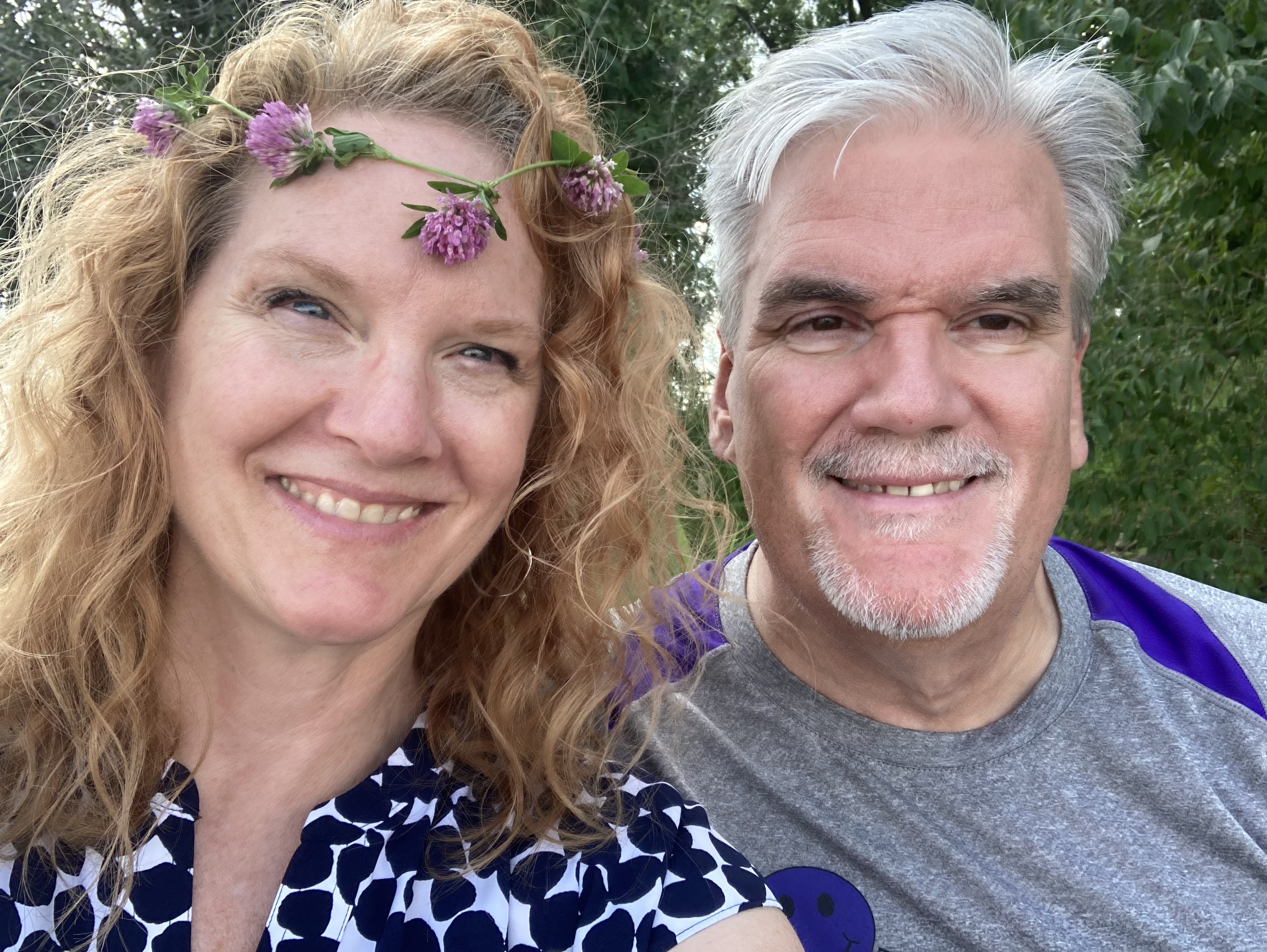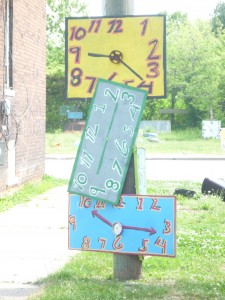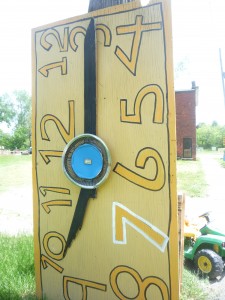
I’ve been writing this post in my head for years. Even before 2020, when the Christian Reformed Church (CRC) made having pre-marital sex an excommunicable offense.
According to the denomination I grew up in, consensual sex between two adults who are not married to each other or to anyone else threatens their salvation. It is “incompatible with obedience to the will of God as revealed in Scripture.” Moreover, anyone who believes that consensual sex between unmarried adults might not be a sin is in a confessional-level violation of church teaching. In simpler words, they consider issues of sexual ethics something that proper Christians cannot disagree about, so anyone who disagrees with their interpretation can be booted out.
That “anyone” is me. But they can’t boot me out because I’ve already left.
I am nobody’s property
The church typically points at Exodus 22 and Deuteronomy 22:13-30 to support their ban on consensual sex between unmarried adults. Deuteronomy, especially, goes through a great many sexual offenses and details the punishments for each–usually execution. Yes, the punishment for not being a virgin when you get married, committing adultery, and being raped and not yelling loud enough to bring help is all execution. (Most conservative Christians interpret their way out of these punishments and do not consider execution to be a requirement, so they are able to see things in the Bible as culturally specific and not applying to our time period.)
The punishment for a man who seduces a girl who has not yet had sex is to pay the full bride price for a virgin to the father and marry the girl; or if the father refuses the marriage, to pay him the full bride price for a virgin.
Because what that seducer has done is damage the father’s property and affected the economic prospects of the father and the marriage prospects of the girl.
Happily, women are no longer considered property, and in most of the Western world at least, virginity is neither an economic factor in nor a barrier to marriage. Even in the Christian Reformed Church, engaged couples no longer have to appear before the congregation to confess and ask forgiveness for “anticipating their vows,” like my grandparents did in the 1930s.
Rules that are based on women’s status as property are as unnecessary to me as any biblical rules about persons as property. In other words, most Western Christians agree that slavery is wrong, and no longer see the Bible’s rules about how to treat slaves as applicable. I think I can be a faithful person and apply the same interpretation to Old Testament rules about sexual ethics. I could be wrong. I choose to live in the tension.
I am not married and neither is my partner
But what about the 7th commandment: “You shall not commit adultery”? That’s where the CRC gets its prohibition on every kind of sex that isn’t one man married to one woman. For all the things in the Bible that aren’t clear (see the following section), adultery has a clear definition: voluntary sex between a married person and a person who is not his or her spouse. The commandment is about breaking covenant and violating a promise made before God. I’ve got no argument with that. God is all about keeping covenant and promises and I want to be, too.
But neither I nor my partner of 6 years are married. So we cannot be committing adultery. Trying to make that verse about all unmarried sex is pushing it.
What about all those verses against sexual immorality?
Indeed, God does not approve of sexual immorality. But the Bible does not give a complete definition. It could mean only things most societies still consider wrong: incest, child abuse, rape, ritual temple sex, bestiality, adultery. Or it could include any sex outside of 1-man-1-woman marriage. We cannot know for sure.
I talk with God about this, and I plan ask him when I meet him. But for now, I choose not to interpret those verses as broadly as other Christians do. I’m going to live in the tension.
It is something obedient Christians can disagree about
So sometimes I choose to be what others would consider a little heretical. And I don’t buy that it affects my salvation. God has promised that my salvation is sure because it is the result of what Jesus did, not of what I do (other than believe in what Jesus did).
It is, in fact, very Reformed of me to believe that my record of sins has been replaced by Jesus’ record of righteousness: “For God made Christ, who never sinned, to be the offering for our sin, so that we could be made right with God through Christ” (2 Cor. 5:21).
***
If you want to read a playful short story about that very Reformed idea (that has fancy names like imputed righteousness and justification by faith), wherein Isaiah tries to represent me in the Court of Heaven:








